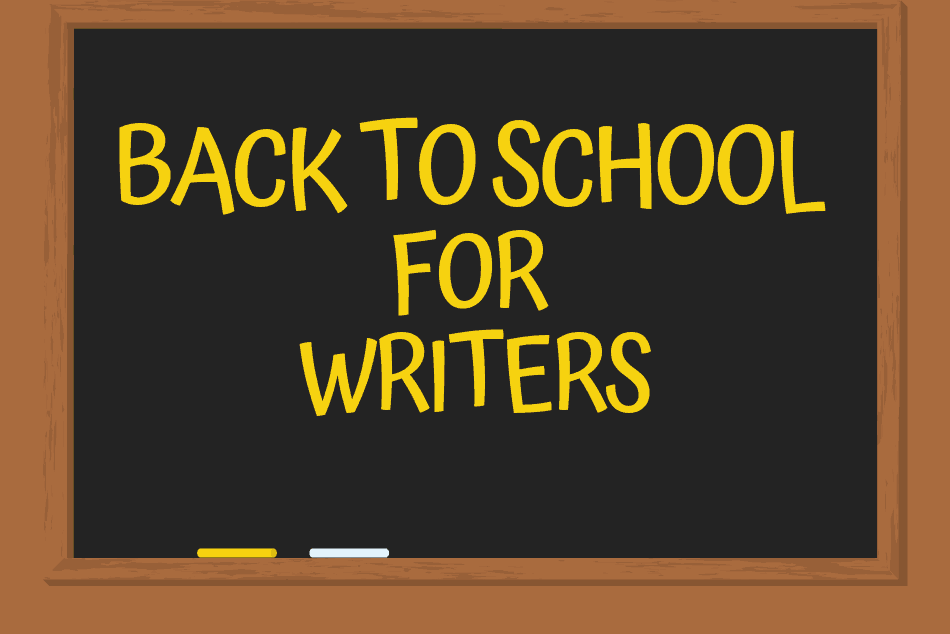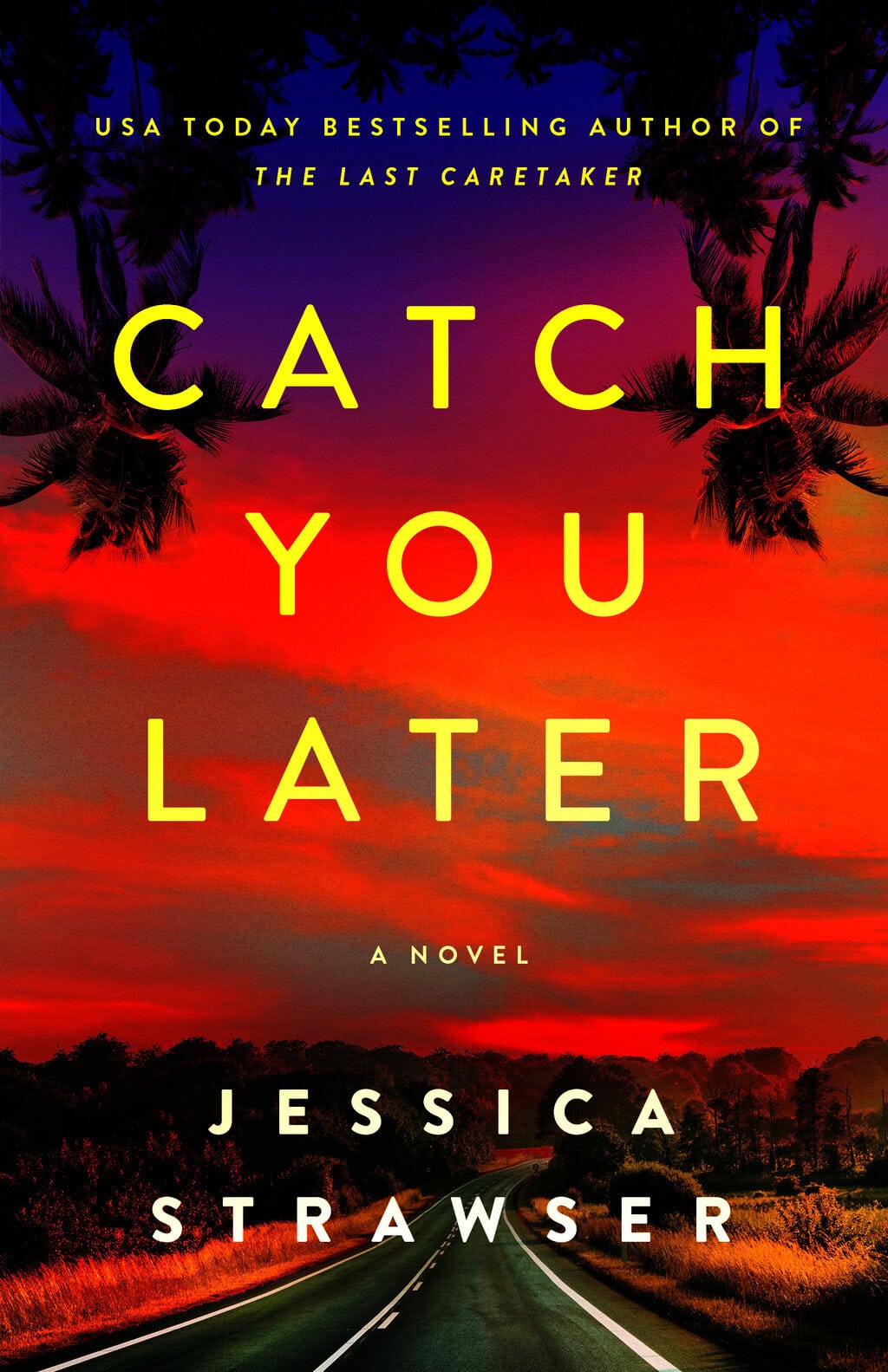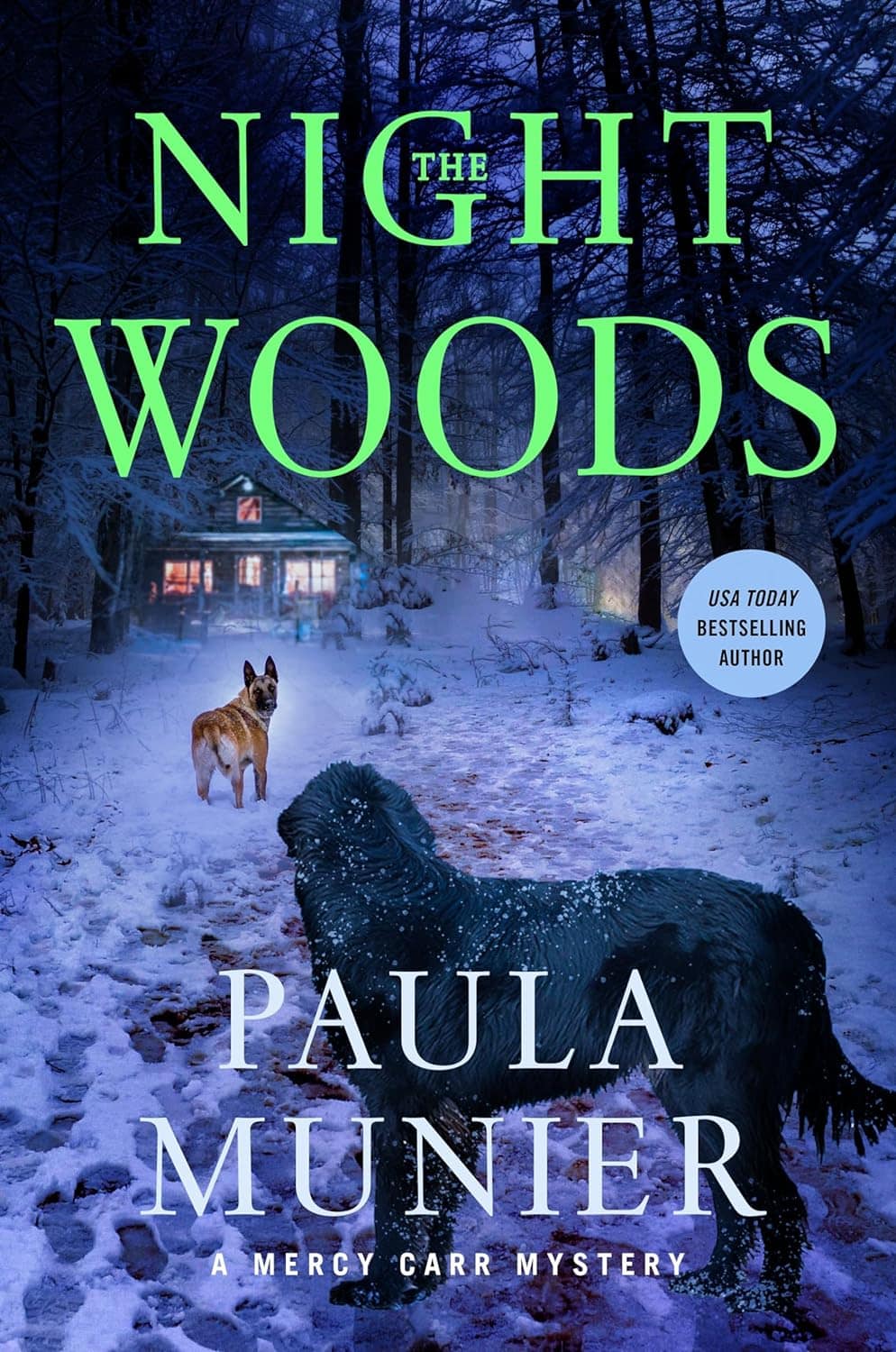It’s that time again. Time to sharpen your new pencils and open your new books and write in your new blank notebooks. Time to plan your next year of learning.
If you think you’re through with school, think again. You’re a writer now, and in many ways your education has just begun. Even if you’re published, it doesn’t mean you’ve got nothing left to learn. In an industry that’s changed more in the past fifteen years than it has since Gutenberg, and where the sands continue to shift beneath our feet, continuing education is a must.
In the absence of Commercial Fiction Schools, you’ve got to take charge of your own education. (Like Tara Westover did in her memoir Educated. Which if you haven’t read, well, just read it.) I know, I know, there are MFA programs, which are fine, but they don’t teach you how to write commercial fiction. And even the ones that acknowledge commercial fiction don’t teach you what you need to know to succeed in today’s tough marketplace.
But you can take advantage of the countless opportunities to improve both as a writer and as an author. Here are some strategies that have worked for me, my clients, my students, and my colleagues.
WRITER’S CONFERENCES
There is a writer’s conference for every writer. I’ve been going to conferences since I was 19 years old. The first was a SCBWI conference in Chicago, where Judy Blume (Judy Blume!!??!!) shared her dialogue tips and tricks. I was hooked then and there. I’ve been to at least a hundred since, of all kinds, from AWP and SDSU to the Santa Barbara Writers Conference and the League of Vermont Writers and more genre writing conferences than I can name.
Conferences also provide critical opportunities to learn about the book business, and network with all manner of publishing professionals –from aspiring writers and bestselling authors to agents and editors and publishers.
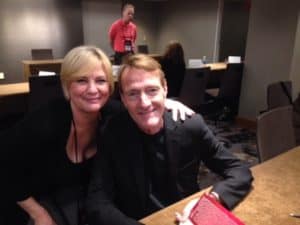
Hanging with the fabulous Lee Child at a writer’s conference. Which is reason alone to go to a writer’s conference.
CRITIQUE GROUPS
Feedback is important. Allies are important. You can make both in a critique group. Just make sure that you’re NOT the most accomplished and well-published writer in the group. You are there to learn, and you can’t learn from people who don’t know any more than you do. Enough said.
WRITING WORKSHOPS
Workshops and retreats are generally smaller gatherings than conferences, focusing on getting the work done and making it better once it’s done. These can be a godsend when you need dedicated writing time, one-on-one instruction, and/or a place to renew and restore and recharge your writing self.
DEVELOPMENTAL EDITORS
When I wrote my first novel some twenty five years ago, I met the fabulous historical novelist Pamela Jekel at a writer’s conference. She did developmental editing on the side, and so I paid her $500 to do a critique of my manuscript. That was a lot of money for me, young broke single working mom that I was at the time. But it was the best money I ever spent. Once I rewrote the manuscript according to her advice, that manuscript was good enough to land me my first agent.
Getting a professional developmental edit—meaning a big-picture look at your story, in terms of character, structure, theme, pacing, and more—is one of the fastest ways to take your work to the next level. I still invest in these kind of critiques—and so can you.
ONLINE INSTRUCTION
The good news is, you can work on your literary craftsmanship without even leaving your house. There are lot of great online programs. Check out your local community colleges, writer organizations, and genre associations.
Two of my faves are Writers Digest University and Michael Neff’s numerous Algonkian workshops. Full disclosure: I do help out at some of these organizations’ events and classes.
Look online and you’ll find the right one for you.
BOOKS ON WRITING AND PUBLISHING
Over the years, I’ve bought and read (and reread and reread) more than 1000 books on writing and publishing. I’m still buying them and reading them.
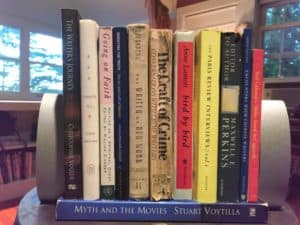
A scattering of some of my favorite books on writing.
I’ve even written three books on writing myself: Plot Perfect, Writing with Quiet Hands, and The Writer’s Guide to Beginnings. (Because I can’t be everyone’s agent or teacher or mentor, but I can share what I’ve learned over the years with everyone this way.)
Note: When I teach at writer’s conferences, aspiring writers often tell me that they balk at buying writing books. Too expensive, they say. And yet writing books are one of the least expensive ways to educate yourself as a writer.
MASTER CLASSES
Some of the best educational offerings are the master classes held before most conferences officially begin. These are taught typically by the big-name authors who’ll be speaking at the conference that follows.
For example, at the 2019 New England Crime Bake (a mystery writers conference held each year in the fall), you can sign up to learn setting from Ann Cleeves, the international bestselling author of the Vera and Shetland series. (I’ll see you there.)
YOUR COMPETITION
Ultimately, your best teachers are your competition, that is, the authors who are writing well-reviewed and/or bestselling books in your category. You should read them for craft as well as to familiarize yourself with what is working in the marketplace.
When I was a young woman I took a class at UC Berkley called “Reading for Writers” taught by the Academy Award-winning screenwriter and novelist Jeremy Larner. My BFF writer friend Susan Reynolds went with me. We were both in awe of Jeremy, yet somehow we remained level-headed enough to absorb his lessons—and we both benefited from what he had to teach us.
Learn to read like a writer, and every time you read a good book (or even a bad book), you’ll sharpen your writing skills.
BACK TO SCHOOL FOREVER
You can always be a better writer. You can always learn more about the art and the business of writing. And you should.
I’m still learning. I attend several writing conferences a year, taking away some essential knowledge every time at the conferences themselves as well as the master classes. I subscribe to The Paris Review just so I can read those illuminating author interviews over and over and over again. And lately I’ve been binge-watching artists and writers of all kinds teaching their respective crafts on MasterClass.
And of course I read, read, and read some more. I call that my homework. School was never so much fun.
For more, talk to us on Facebook.

